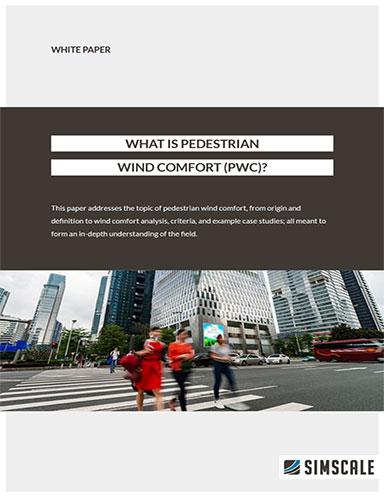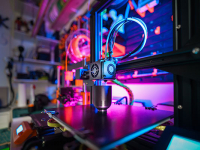What is Pedestrian Wind Comfort (PWC)?
This paper addresses the topic of pedestrian wind comfort, from origin and definition to wind comfort analysis, criteria, and example case studies; all meant to form an in-depth understanding of the field.

May 19, 2021
Origins of Pedestrian Wind Comfort
The year was 1902 and the world had just stepped through the threshold into the new millennium. New York was starting to test the boundaries of civil engineering with its skyscrapers—the innovative buildings that would dramatically alter the face of the city to what we know it to be today.
Technically, New York's first skyscraper was The Tower Building in 1889; this status was not given so much for its height—of 11 stories—but for being the first building in the city to have a steel skeleton. Unfortunately we can now only see it in old pictures, as it was demolished in 1913. But our story starts with 1902, the year the next iconic skyscraper—which is still standing tall despite adversities of all kinds—was opened: the unmistakable Flatiron Building.
Download this paper to continue reviwing the topic of pedestrian wind comfort with examples:
- What is Pedestrian Wind Comfort (PWC)?
- What are PWC Studies?
- Wind Comfort Criteria
- Case Study: The District “La Défense” in Paris, France
- Case Study: Boston Waterfront in MA, USA
Fill out the information below to download the resource.
Latest News








